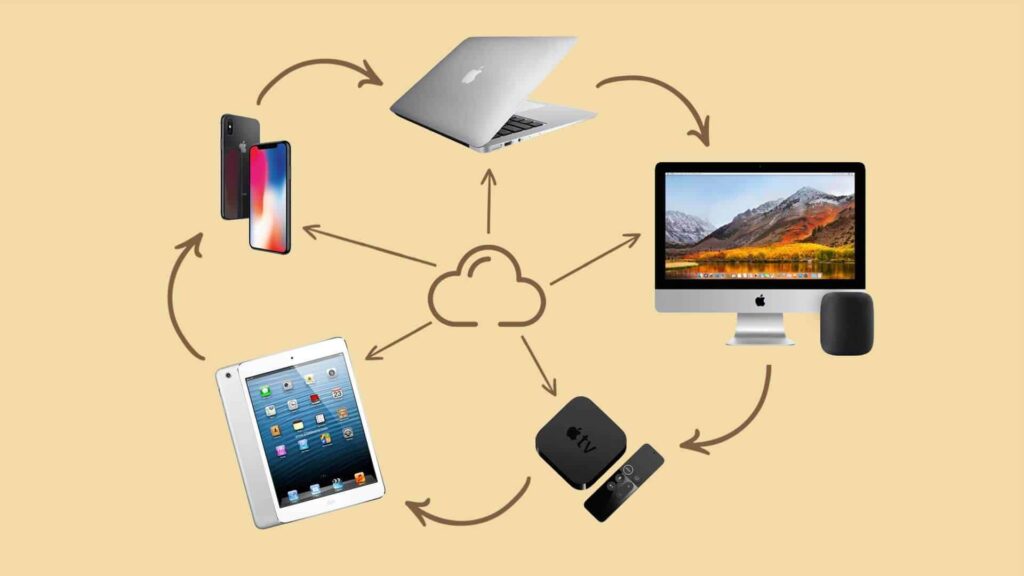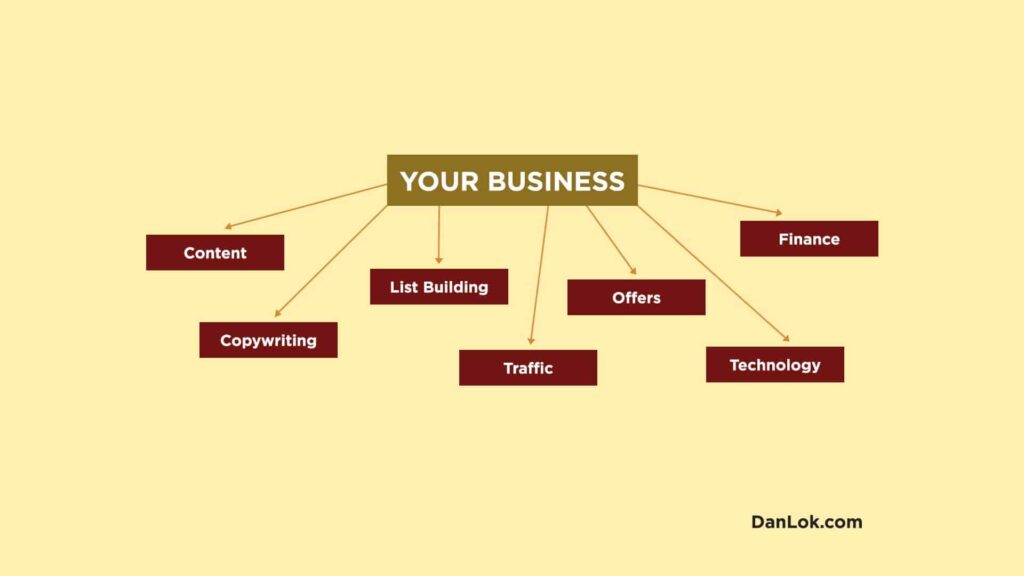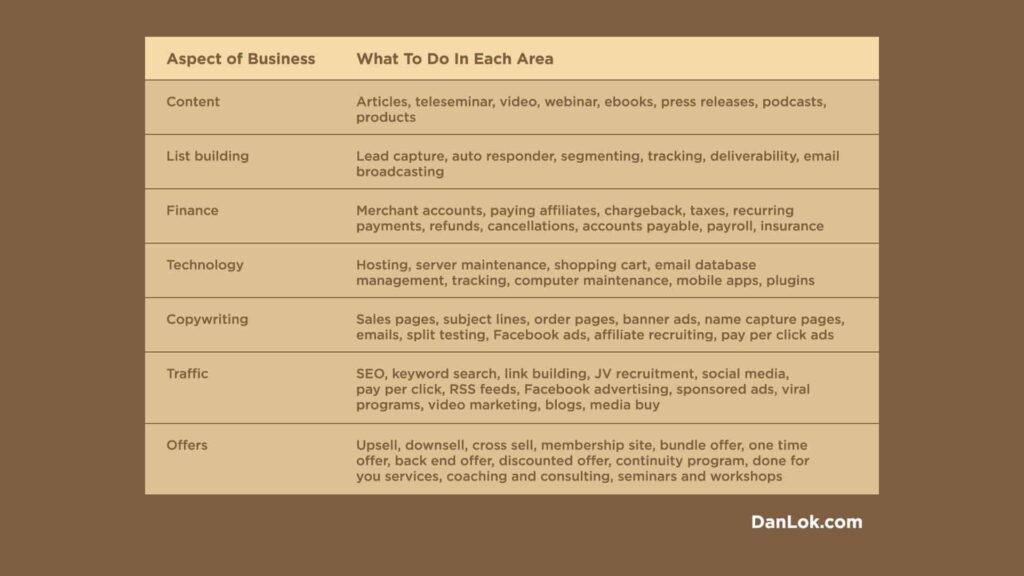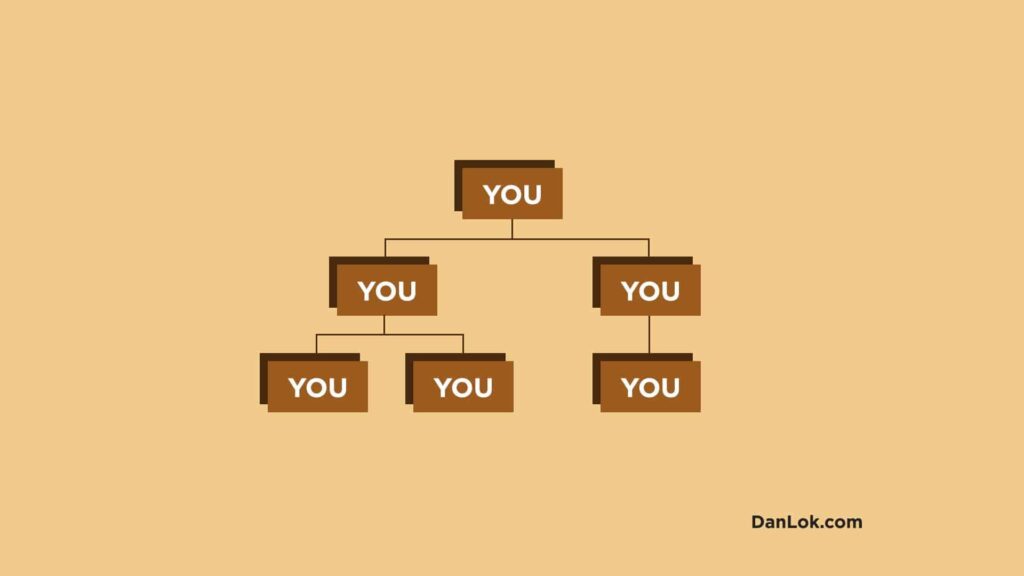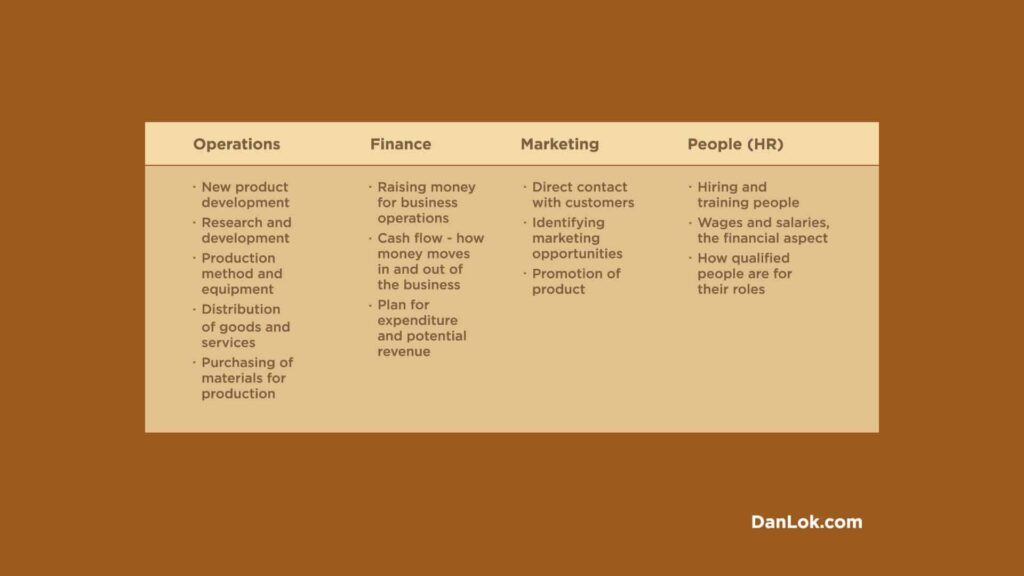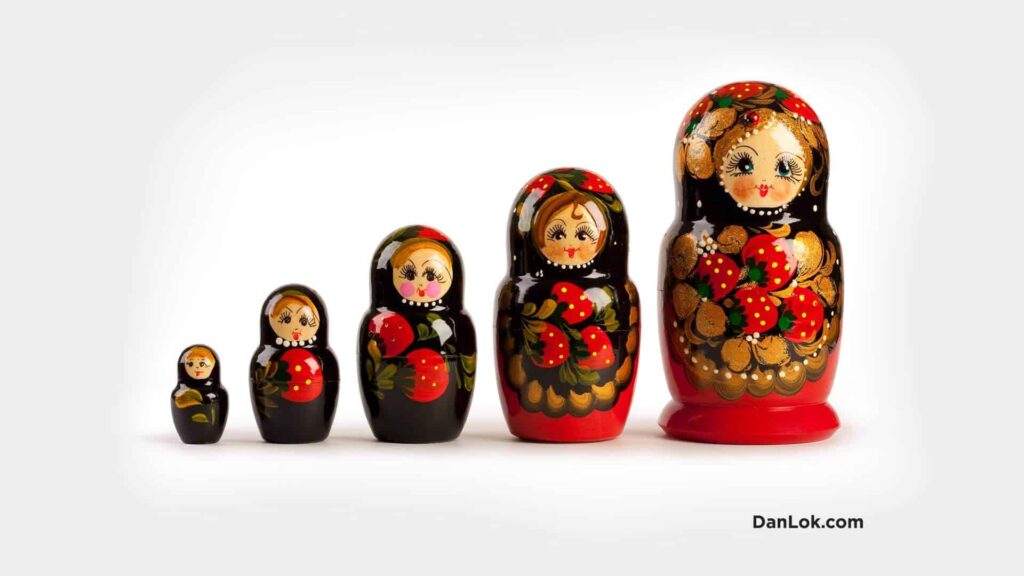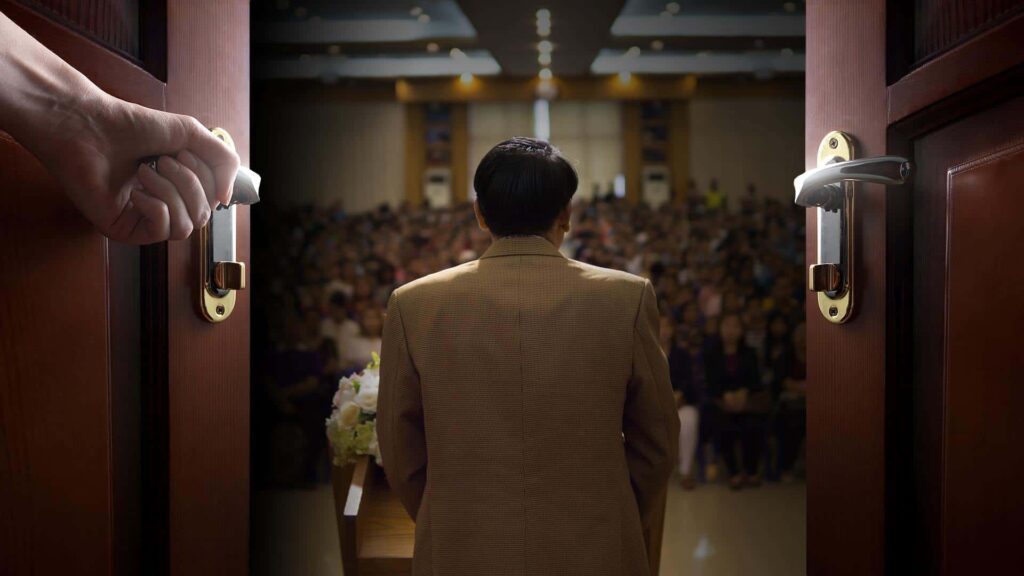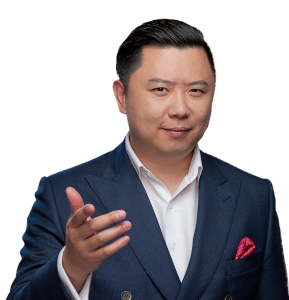(Stop Being a Control Freak in Business)
How comfortable would you feel about asking your friends and family to do a favour for you? How about asking a stranger on the street to help you with a task?
Now you might or might not feel comfortable with asking other people for help. But most entrepreneurs are very reluctant to delegate tasks. And it’s usually because of two reasons.
One possible reason is that you’re the type of entrepreneur who is a control freak. You don’t want to give up your authority. Another possible reason is you are afraid the person doing the task will make a mistake.
As a result, you become a one-person business doing all of the work yourself, working until exhaustion, with no time to reflect on how to move your business to the next level.
However, the sooner you start delegating, the sooner you can grow your business.
You don’t need to be a CEO or the boss of a couple of employees before you start delegating. Sharing the work will ease your workload and free up your time for other tasks, like planning out the direction of your business.
You can start delegating as soon as you’re ready. You don’t even have to wait until you’re rich.
Have a look at my business for example. People tell me because I’m rich, I can delegate. But the opposite is true. It’s because I delegate that I’m rich. It’s a chicken and egg thing.
So if you have your own business and you aren’t delegating, start now.
Here are some tips to motivate you to be less controlling and more at ease with delegating to other people.
Watch this video on why you should be delegating more for your business.
Start With The Right Mindset
If you don’t have the habit of delegating now, you won’t be making the money to maximize your time. And if you don’t have the habit of delegating now, you’re not likely to be delegating when you have more money.
One reason why you’re not delegating is because you’re thinking about saving. You want to wait until the future when you can afford to start paying other people to do tasks.
The opposite is true. You’ll start saving money when you can afford to put money aside. To make enough money to put some aside, you need to free up your time to work on generating more revenue. You can’t do that if you’re saving money by doing all the routine tasks yourself.
You need to start developing a millionaire mindset now.
Right now, for every dollar that comes in, you want to set aside ten cents. You’re cultivating a habit early on. Then when you have a hundred times more money, you’re already used to saving a bit of everything you earn.
So start the habit and delegate small tasks. Let your less important responsibilities go gradually and as you get some good experience working with others, keep delegating more from there. If you’re still reluctant, it might be because you have limiting beliefs.
Why You Aren’t Delegating
What’s holding people back from delegating? They can come up with enough reasons to last a lifetime.
For example, they think they can do the job better themselves. They don’t trust others to do it because the other person might make a mistake. Or the other person isn’t qualified to do it or they already have enough to do.
Or they believe they are the only person on this planet who can do it so they can’t ask anyone else to do it.
All of those reasons are nothing more than limiting beliefs. None of it is true, and having those beliefs doesn’t help your business. You don’t get anything done, and you stay on the hamster wheel.
There are some tasks that you can delegate to others.
- Responding to emails
- Responding to customer service
- Scheduling business and personal appointments
- Writing to new prospects
- Bookkeeping, graphic design, website development
- Travel arrangements
All of these tasks and more, you can delegate to other people. If you aren’t delegating, there are four big fears that are holding you back.
1. Fear Of Losing Control
You fear what could happen if you lose control. Maybe the other person will make a mistake and it will cost you time or money to fix.
You fear you could be rejected if you ask someone for help. You’re worried that this person will think you’re incompetent because you’re not doing the task yourself. Or you’re inadequate.
This is especially true of men. Women are more willing to ask for help. Men are taught to be strong and macho so if you don’t do something, you’re incompetent and you might lose your sense of honour.
Maybe you don’t fear losing control, and you’re not afraid to ask for help, but you like to watch every dollar you spend very carefully.
2. Fear Of The Cost
Sometimes entrepreneurs think the cost is too high and they can’t afford it. They want to save money. However, you need to think about how much your time is worth.
If you want to make a million bucks a year, your work has to be worth $1700 an hour. If you don’t delegate, then you’re losing $1700 an hour. Isn’t your time worth so much more?
Even if you think you can’t afford to delegate, start the habit and free up your time. You can’t be afraid of losing money, or having a bad experience.
3. Fear Of A Bad Experience
You may have tried to delegate in the past and it turned into delegation hell because the person you trusted and paid didn’t deliver as promised.
To avoid that, create a document. Provide your consultant or assistant with the information they need, the steps they need to take, and your expectations. They are less likely to make mistakes when expectations are clear.
If they still manage to make mistakes, then hire someone else. Or delegate to three people and see who does the job the best. Keep the good one and let go of the rest.
Another way to think about it is this: Have you ever had a bad meal in the past? Did that stop you from eating ever again?
For that same reason, don’t let a bad experience stop you from looking for the right person.
4. Fear Of Not Finding The Right Person
Hiring the right person is a numbers game that you won’t get right every time. In the big scheme of things, it’s not going to matter. Six months to a year from now, you’re not going to remember the minor errors. You just need to get better at filtering out the bad matches.
Here’s an example. One of my business partners had a business for 15 years. He wasn’t good at hiring or managing people.
One day, I asked him to fire everybody. He didn’t want to do such a thing because he considered his employees as friends.
The experience turned out to be a business lesson for him. All the people my business partner thought were his good friends tried to get to every last dime when they were fired. One even kept the iPad he had been given.
Employees are employees.
Hiring people is a skill. There are so many steps to choosing the right one, from filtering to coaching them to training them to develop new skills.
The way I hire people and run my company is a bit unusual because I run this virtual empire. I choose to work from home. I don’t want to commute or go to an office. When my mentees call me, I’m in my underwear, not my suit. I like to be at home.
I get up, do my morning routine, and get to work. It saves me a lot of time. But that’s a personal preference. It also means because I don’t see my team face-to-face most of the time, so I need to trust them to do their responsibilities. So when I hire, I choose people who can work independently.
Why You Need To Delegate Now
If you want your business to grow, you need to learn to get comfortable with delegating now, not in the future. Your time is valuable, so overcome your fears and start finding tasks you can ask other people to do for you. Most importantly, establish a hiring system so you create a team of people you can trust.
What tasks do you delegate to other people? Comment below.
SUGGESTED ARTICLES:
8 Golden Rules of Effective Delegation And How To Delegate To The Best People

